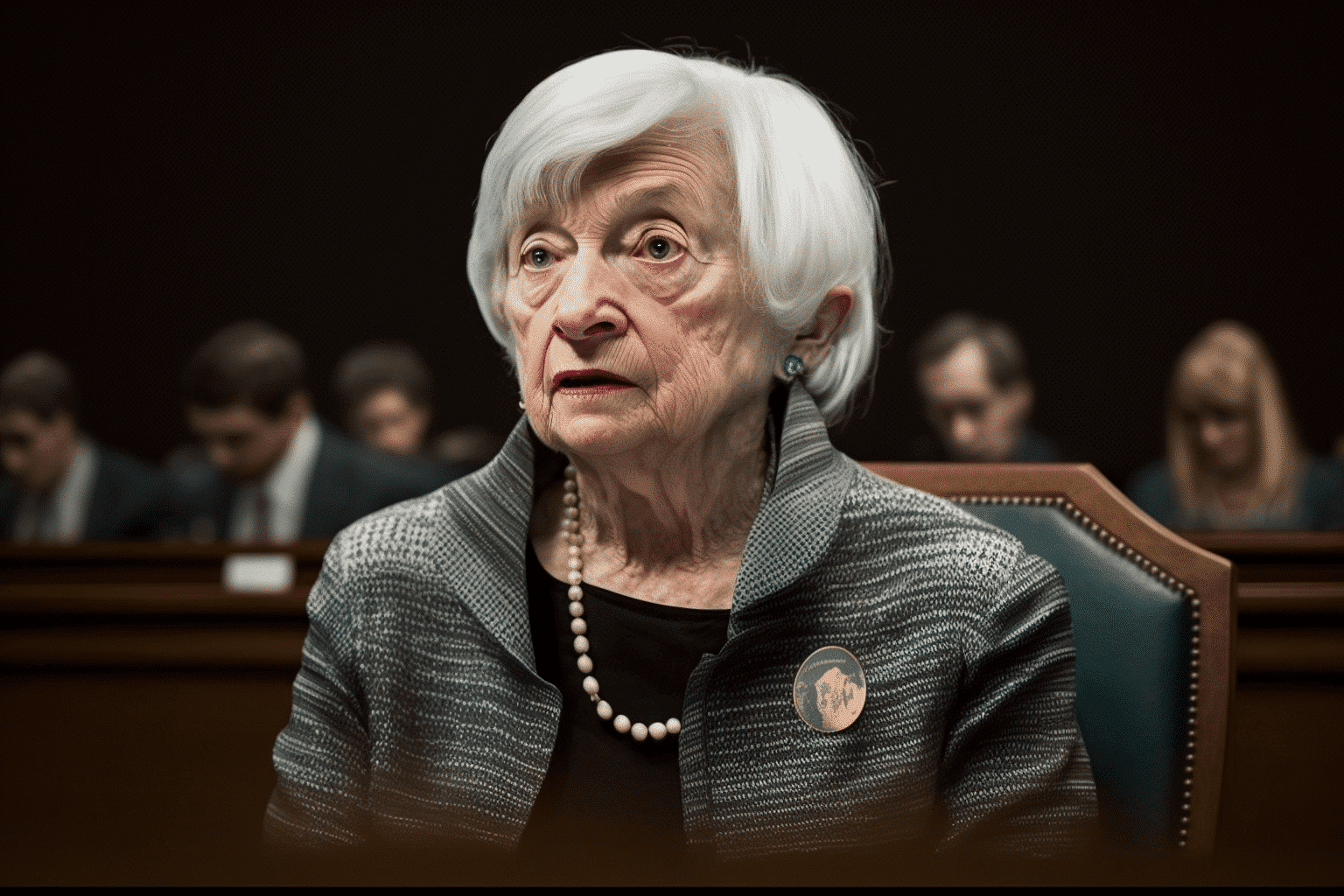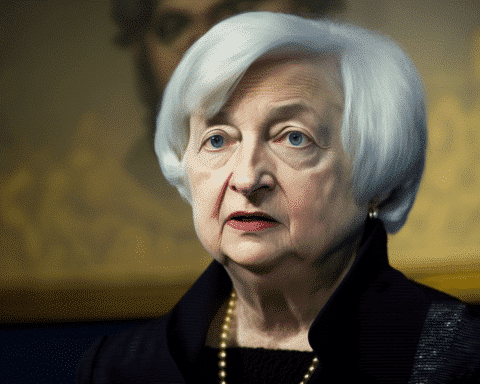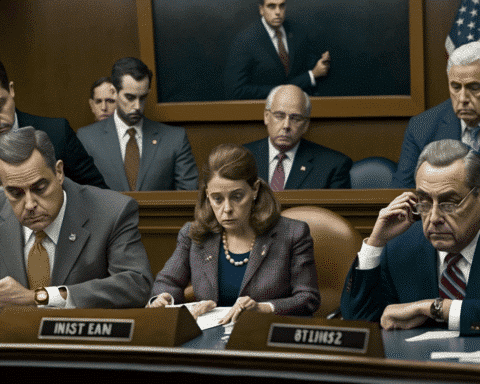Treasury Secretary Janet Yellen provided a confident outlook for the U.S. banking system on Thursday, addressing worried bank depositors and investors as new rescue measures were launched following the second-largest bank collapse in American history. Yellen assured senators during a Capitol hearing that the U.S. banking system is stable and Americans can trust their deposits’ safety.
These statements were intended to calm markets and allay fears of more extensive fallout from the failures of Silicon Valley Bank in California and Signature Bank in New York. By the time Yellen finished her testimony, First Republic Bank had received a $30 billion emergency cash injection from 11 banks, as reported by the Treasury. Additionally, Credit Suisse, Switzerland’s second-largest bank, secured a loan of up to 50 billion francs ($54 billion) from the Swiss central bank earlier in Europe.
Wall Street reacted positively to the rescue news, but Republican senators blamed the problems on President Joe Biden’s administration. They argued that the administration’s “reckless tax and spend agenda” had contributed to record-high inflation, which the Federal Reserve is now trying to combat with increasing interest rates. These rate increases have caused issues for both banks and ordinary citizens.
Yellen dismissed this portrayal, asserting that taxpayers would not be responsible for the costs of protecting uninsured funds at Silicon Valley and Signature banks. She emphasized the need to carefully analyze the causes of these bank failures and review regulations and supervision to prevent future occurrences.
During a week of global market turmoil due to concerns over banks potentially struggling under rapidly increasing interest rates, Silicon Valley Bank and Signature Bank collapsed. Federal deposit insurance will protect all depositors, including uninsured funds exceeding $250,000. The Justice Department and the Securities and Exchange Commission have launched investigations into Silicon Valley Bank’s collapse, and President Joe Biden has urged Congress to strengthen regulations on regional banks.
Yellen, who played a significant role in resolving the bank failures, assured that the government’s actions show a solid commitment to keeping depositors’ savings secure. Meanwhile, the European Central Bank raised interest rates to combat high inflation and declared Europe’s banking sector resilient, with solid finances and ample cash. The ECB is also prepared to offer additional support to the banking system if necessary, as President Christine Lagarde emphasized that banks are in a much better position compared to 2008, thanks to safeguards implemented after the financial crisis.
In the aftermath of these events, regulators in the U.S. and worldwide are working to reassure depositors that their money is secure. Their goal is to prevent the panic that could lead to a rush for withdrawals, exacerbating the situation. Russ Mould, investment director at the online investment platform AJ Bell, emphasized the importance of maintaining confidence in the banking system.
Despite the ongoing turmoil in the banking sector, European banks, including Credit Suisse, have demonstrated resilience. Credit Suisse’s situation had been problematic even before the U.S. banks’ collapse, but the Swiss Central Bank’s intervention boosted its shares and those of other European banks.
ECB Vice President Luis de Guindos stated that Europe’s exposure to Credit Suisse, which operates outside the European Union’s banking supervision structure, is relatively limited. The Swiss bank has been attempting to raise funds from investors and implement a new strategy to overcome various challenges, including poor investments in hedge funds, frequent top management changes, and a spying scandal involving its rival, Zurich-based UBS.
Moving forward, the U.S. and global banking systems must learn from these recent events and enhance regulatory oversight to prevent similar failures in the future. Policymakers must balance implementing adequate safeguards and allowing banks to operate effectively in a competitive market.
As financial institutions navigate the current economic landscape, the collaboration between regulators, banks, and governments will be essential to maintain stability and public confidence in the banking sector. Ultimately, this cooperation will help minimize the risk of future crises and ensure the ongoing resilience of financial systems worldwide.




